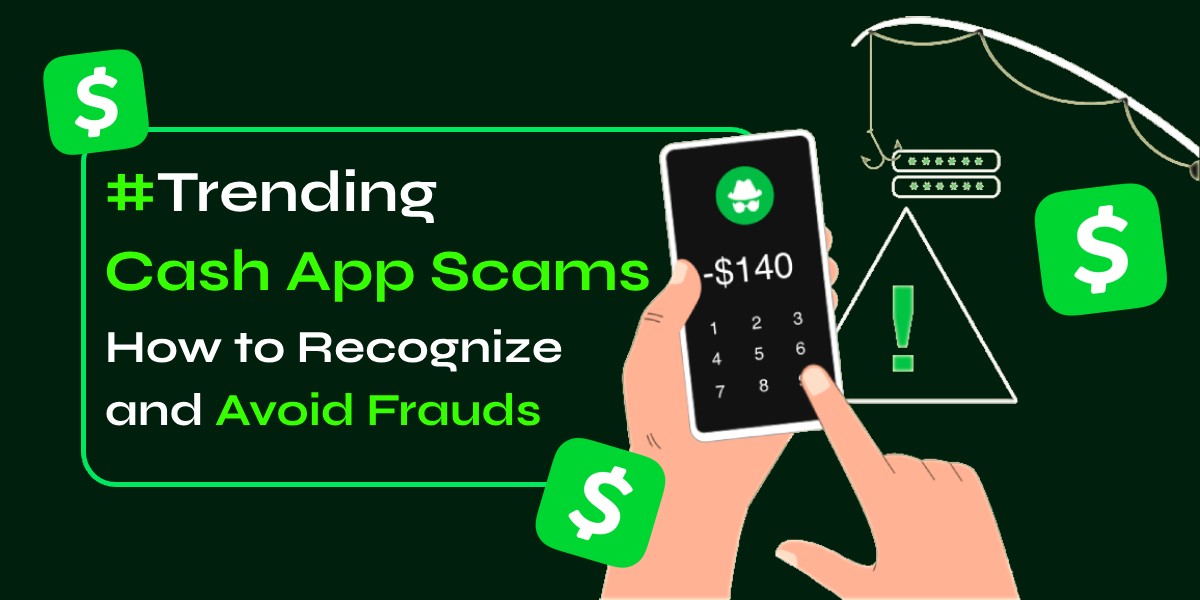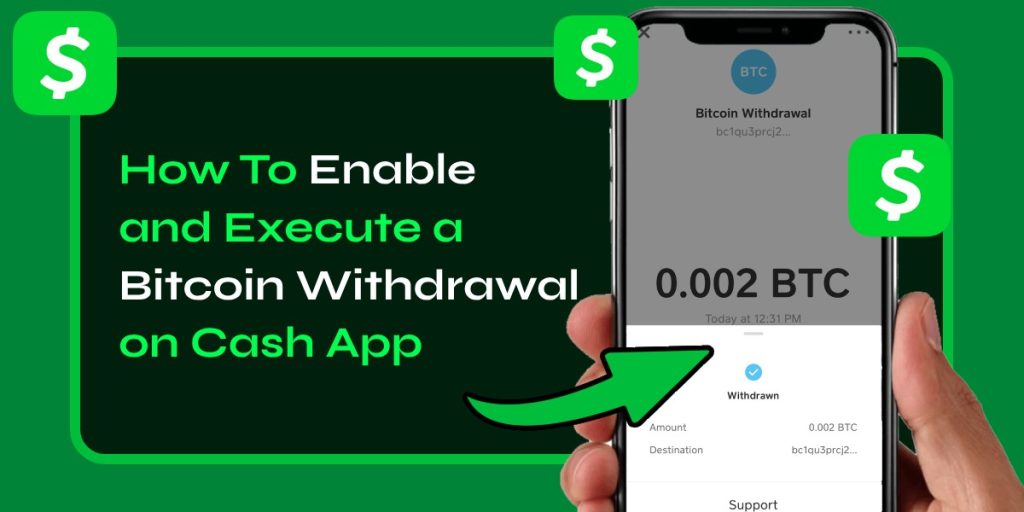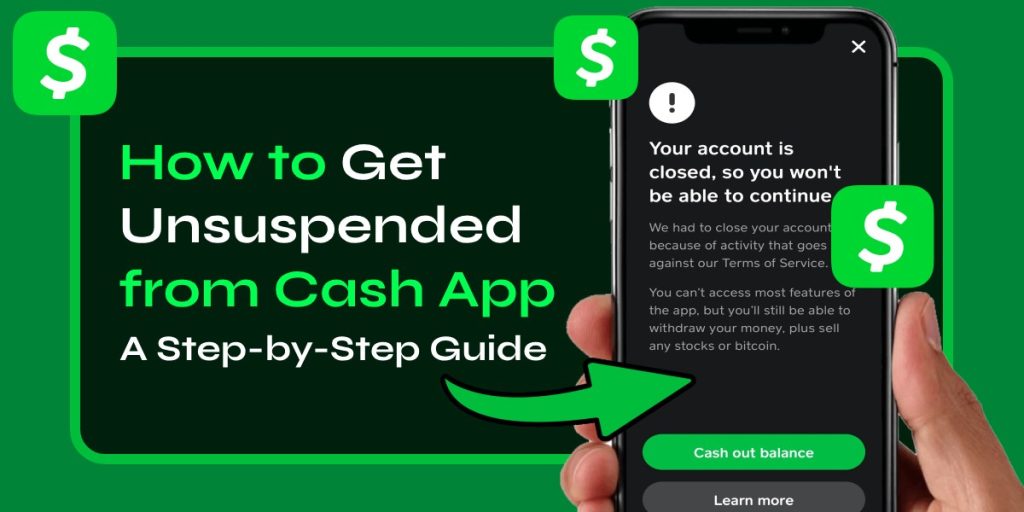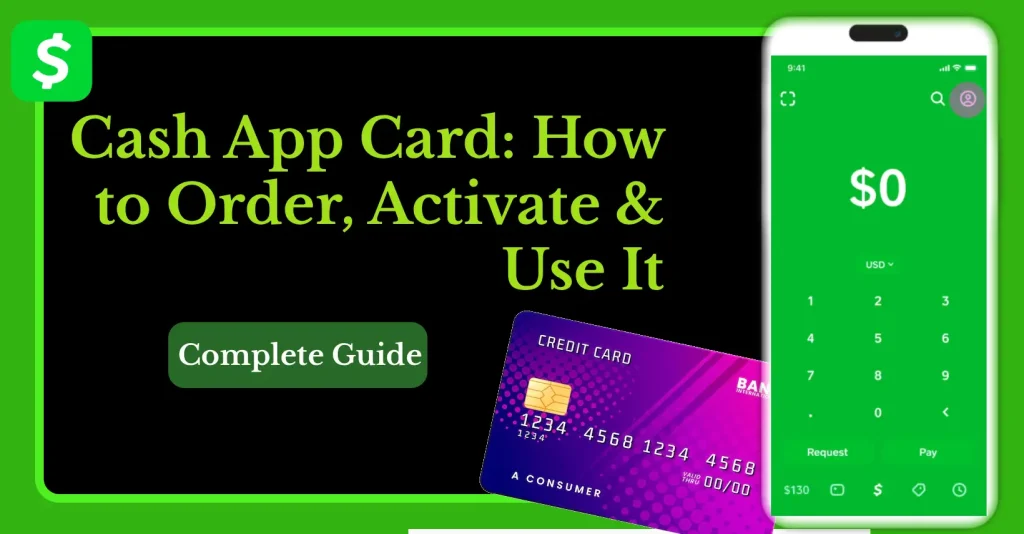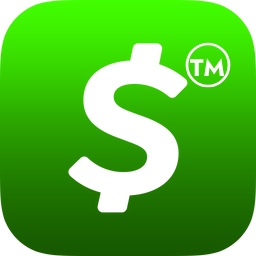Cash App is a popular and convenient way to send and receive money quickly. But with its rise in popularity, scams targeting Cash App users have also increased significantly. Whether it’s cash app scams, cash app bitcoin scams, or tricky cash app scams text messages and emails, it’s important to stay alert and know how to protect yourself.
In this comprehensive guide, Cash App Refund will help you identify the most common scams, explain how they work, and share practical tips on how to avoid cash app scams. Plus, you’ll learn what to do if you think you’ve been targeted and how to contact Cash App Refund customer service for help.
📚Related: How to Verify Cash App Account Without ID [100% VALID TRICK]
What Are Cash App Scams?
Cash App scams are fraudulent schemes designed to trick users into giving away their money or personal information. Scammers exploit trust and the app’s popularity by using fake messages, emails, or screenshots to convince victims to send money or share sensitive data.
All Types of Cash App Scams You Should Know About
As Cash App usage grows, scammers invent new ways to trick users. Understanding every common scam type helps you stay protected. Here’s a complete rundown of all the different Cash App scams circulating today:
1. Cash App Bitcoin Scams
Fraudsters promise to double your bitcoin or send free cryptocurrency if you first send them money. These scams prey on crypto beginners eager to make quick profits but end up losing their funds.
2. Cash App Scam Text Messages (SMS Phishing Scam)
Fake texts from scammers impersonate Cash App support, claiming there’s an issue with your account or that you need to verify your details. These messages often contain phishing links leading to fake login pages.
3. Cash App Scam Emails (Email Phishing Scam)
Scam emails mimic Cash App branding, asking you to click suspicious links or provide sensitive information like passwords or credit card details. These emails usually have grammar errors and suspicious sender addresses.
4. Cash App Screenshot Scams
Scammers send fake payment confirmation screenshots as “proof” they paid you. They then request goods or services, but the payment never happened. Always check your actual Cash App transaction history for confirmation.
5. Cash App Refund Scams
Scammers contact you claiming you are eligible for a refund, but require personal details or an upfront “processing fee.” Legitimate refunds never require payments before releasing funds.
6. Social Media Giveaway Scams
Fraudsters impersonate celebrities or popular accounts on social media, promising free Cash App money or giveaways in exchange for sending money or sharing your details. These are always fake.
7. Fake Customer Support Scams
Scammers pose as Cash App customer service agents and contact users via phone, text, or social media, asking for account info or payments to “fix” fake problems.
8. Investment and Crypto Trading Scams
These scams promise high returns on investments or exclusive trading opportunities on Cash App. They usually require upfront payments or private info, which they use to steal money.
9. QR Code Scams
Scammers create fake QR codes for Cash App payments. When you scan and pay, the money goes to the scammer’s account instead of the intended recipient.
10. Fake Job or Loan Scams
Scammers offer fake jobs or loans via Cash App, asking you to pay upfront fees or share personal details, but no job or loan exists.
11. Overpayment Scams
The scammer sends you a fake payment for more than the agreed amount and asks for a refund of the difference. The original payment is fake, so you lose money when you send the “refund.”
12. Friend or Family Impersonation Scams
Scammers hack or impersonate people you know and ask you to send money urgently, pretending to be in trouble.
13. Account Takeover Scams
Using stolen info, scammers access your Cash App account and transfer funds or make unauthorized payments.
Read More: How to Use Cash App QR Code for Payments & Card Activation
How to Recognize Cash App Scams
Recognizing scams early can save you from losing money. Here are the warning signs:
1. Unsolicited Requests for Money or Information
Legitimate companies like Cash App never ask you to send money upfront or provide passwords and verification codes via text or email.
2. Poor Grammar and Spelling
Many scam messages contain spelling mistakes and awkward language that official communications wouldn’t have.
3. Pressure Tactics
Scammers often use urgent language, telling you to act “immediately” or “risk losing your account.”
4. Suspicious Links or Attachments
Avoid clicking on links in unsolicited texts or emails. These can lead to phishing sites designed to steal your information.
5. Fake Payment Confirmations
Screenshots can be easily fabricated. Always verify payments through your actual Cash App transaction history.
How to Avoid Cash App Scams
Preventing scams requires vigilance and some simple habits:
- Never share your Cash App PIN, password, or verification code.
- Always verify payments directly in the app before sending goods or money.
- Ignore suspicious text messages or emails, and do not click on unknown links.
- Be wary of offers that seem too good to be true, like free bitcoin doubling schemes.
- Enable two-factor authentication on your Cash App account.
- Regularly monitor your transaction history for unauthorized activity.
If you are unsure, you can always contact Cash App Refund customer care to verify suspicious activity or get expert advice.
What to Do If You Suspect You’ve Been Scammed
- Stop all communication with the scammer immediately.
- Change your Cash App password and PIN.
- Report the scam to Cash App directly through their official channels.
- Contact Cash App Refund customer service for help with potential recovery and next steps.
Can You Get a Refund After a Cash App Scam?
Recovering funds lost to scams can be difficult, but not impossible. Cash App Refund assists users in identifying legitimate refund options, reporting fraudulent transactions, and escalating cases to law enforcement if needed.
Always act quickly and report suspicious transactions as soon as you notice them.
Conclusion
Cash App is a great tool when used safely, but scammers are always finding new ways to trick users. The best defense is awareness and caution. Keep these tips in mind to stay safe, and if you ever feel uncertain, contact Cash App Refund for professional support. Protect your money, protect your information, and don’t let scammers win.

